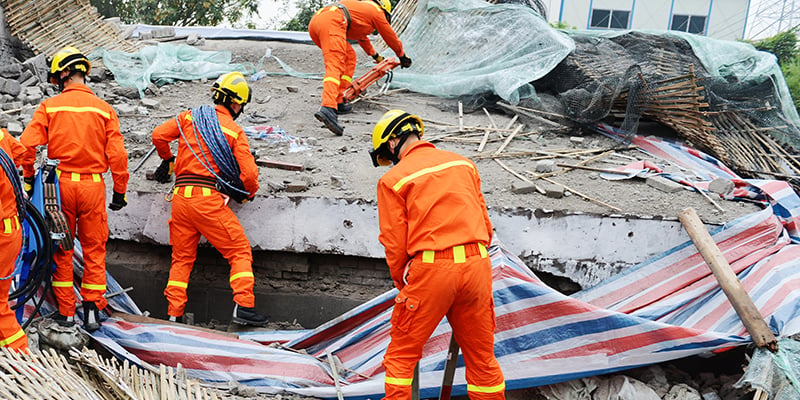
This innovative tool is the result of a partnership with the IFRC, global professional services firm Aon and the Centre for Disaster Protection. It provides a back-stop for the IFRC's Disaster Response Emergency Fund (DREF).
Reed Smith provided structuring, corporate, finance, trust, insurance and sanctions advice to IFRC, with support from Swiss law firm Lenz & Staehelin and international legal and professional services law firm Ogier.
The Reed Smith team was led by partners Claude Brown, Andrzej Janiszewski, Panos Katsambas and Mark Pring with support from partners Leigh Hansson and Caspar Fox; counsel Kelly Knight; senior associates Olivia Grant, Tom Morgan, and Katherine Varney; and trainees Angelina Shum and Claudia Gwinn.
Katsambas, Reed Smith’s Financial Industry Group co-chair, said: “We are delighted to have worked with the IFRC and their partners on this impactful and pioneering new insurance product that will allow funds to quickly be allocated to those that need it most in the face of disaster.”
DREF has proven to be the simplest, fastest, most transparent, and localized way for IFRC's member National Societies to access reliable international, short-term emergency funding for community action in all kinds of disasters when needs surpass the resources available at the national level. The new insurance backstop will be a critical safety valve for DREF’s life-saving work, ensuring the DREF can continue to meet the needs of today while standing ready for the crises of tomorrow.
IFRC’s ambition is to grow the fund every year to reach 100 million Swiss Francs in 2025 (US$116 million, €104 million, £89 million). Currently there is an increase in small and medium-scale emergencies, and funding may not always be available when needed.The new insurance tool provides DREF with a contingency funding of up to 20 million Swiss Francs (US$23 million, €21 million, £18 million). Essentially, once DREF’s allocated funding for natural hazards hits 33 million Swiss Francs (US$38 million, €34 million, £29 million) the reinsurance is triggered to replenish DREF’s reserves.
By transferring risk from strained public balance sheets to the private sector, DREF is now able to respond more flexibly and effectively, with the potential to reach an additional 6 million vulnerable people each year. The insurance and reinsurance facility acts as a safety net for DREF, ensuring that extra funds are available and ready to provide aid to vulnerable communities, even during periods of increased demand.
Jagan Chapagain, IFRC Secretary General says: “Strategic partnerships with the private sector are essential to address rising humanitarian needs and the humanitarian funding gap. We have a responsibility to respond rapidly and at scale, in the most effective and sustainable manner and to ensure that our actions are locally led and community-centred. Our partnership with Aon and the Centre, and through the bespoke insurance solution for DREF, allows exactly that.”
DREF insurance is supported by international donors including: the UK Foreign, Commonwealth, and Development Office (UK FCDO); the British Red Cross and Danish Red Cross; and the private sector. DREF Insurance is also co-funded by InsuResilience Solutions Fund (ISF) to support insurance premium funding and product development.
